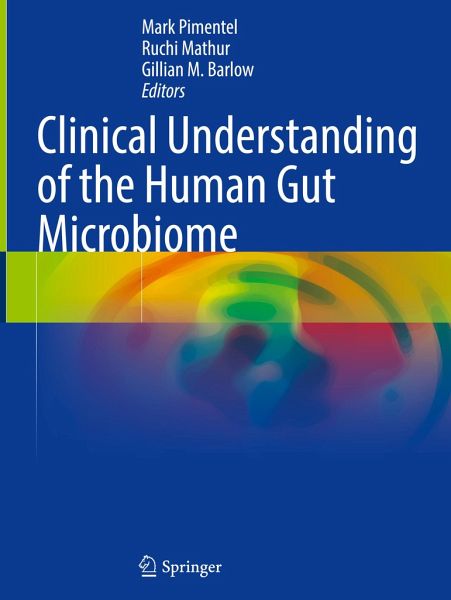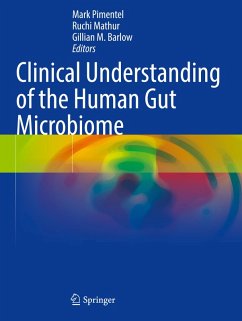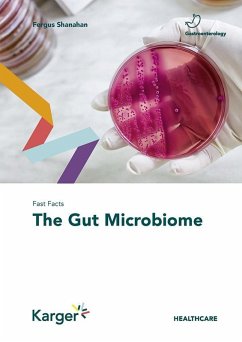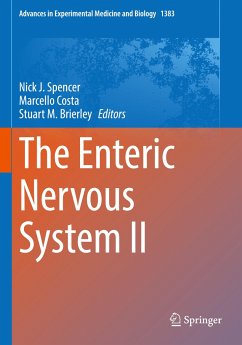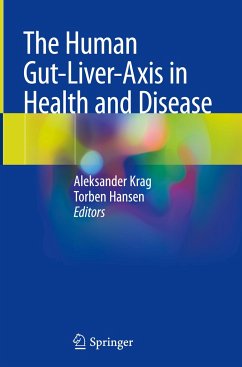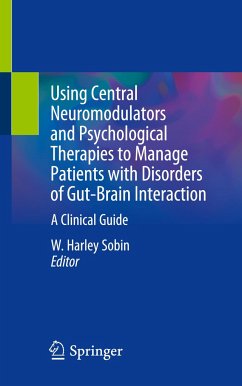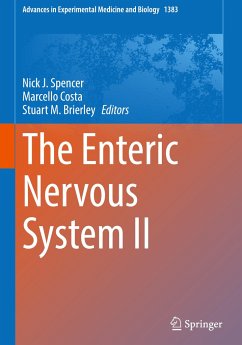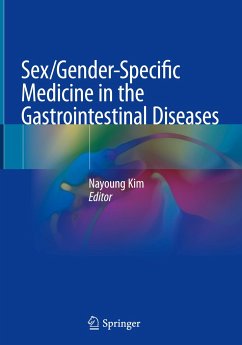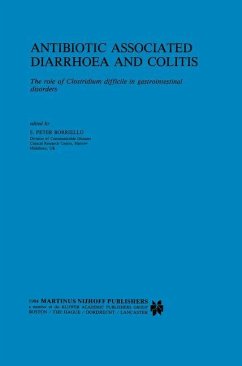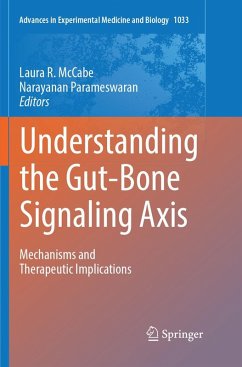Mark Pimentel, MD, FRCP(C) Dr. Mark Pimentel is the Executive Director of the Medically Associated Science and Technology (MAST) Program at Cedars-Sinai in Los Angeles, California, and also serves as Professor of Medicine at the Geffen School of Medicine and Cedars-Sinai. He completed 3 years of an undergraduate degree in honors microbiology and biochemistry at the University of Manitoba, Canada, followed by his medical degree and his BSc (Med) from the University of Manitoba Health Sciences Center, where he also completed a residency in internal medicine. His medical training includes a fellowship in gastroenterology at UCLA. Dr. Pimentel is a clinician and researcher who has conducted numerous basic, translational and clinical studies exploring the role of the gut microbiome in human health and disease. Before the term 'microbiome' was coined, he worked to determine the role of bacteria in the pathophysiology of IBS. Based on his identification that small intestinal bacterial overgrowth (SIBO) contributes significantly to IBS symptoms, he pioneered the use of antibiotics, particularly rifaximin, in treating IBS. Recognizing links between acute gastroenteritis and the development of IBS, he demonstrated that antibodies produced against the bacterial toxin CdtB cross-react with the host protein vinculin, and developed the world's first diagnostic blood test for IBS. This work was crucial to proving that IBS is an organic, microbiome-based disease. Recently, he has focused on the specific roles of the small bowel microbiome in human disease, including identifying small bowel microbial populations that are altered in SIBO, and characterizing the distinct microbiome profiles along the entire length of the gastrointestinal tract. His work has been published in the New England Journal of Medicine, Annals of Internal Medicine, American Journal of Physiology, American Journal of Medicine, American Journal of Gastroenterology andDigestive Diseases and Sciences, among others. He is a diplomate of the American Board of Internal Medicine (Gastroenterology) and a fellow of the Royal College of Physicians and Surgeons of Canada. Ruchi Mathur, MD, FRCP(C) Dr. Ruchi Mathur is the Director of Clinical Diabetes and Director of Clinical Research and Operations for the MAST Program at Cedars-Sinai in Los Angeles, California. She also serves as Professor of Medicine at the Geffen School of Medicine and Cedars-Sinai Medical Center. She received her medical degree from the University of Manitoba, Canada. She completed an internal medicine residency at the Health Sciences Center at the University of Manitoba. She fulfilled a clinical endocrinology and metabolism fellowship at Cedars-Sinai Medical Center, followed by a NIH/NRSA-awarded research year at Cedars-Sinai. Dr. Mathur is an academic Endocrinologist, with a specific interest in the relationship between the gastrointestinal tract and the endocrine system. This includes a focus on polycystic ovary syndrome (PCOS), pre-diabetes, diabetes and obesity, and she published the first paper confirming a clinical association with PCOS and IBS, which noted an increase in body mass index (BMI) in women with IBS. Since then, her research has focused on exploring the roles of the gut microbiome, and particularly the small bowel microbiome, in metabolic conditions such as obesity and diabetes. In addition to this work, she has also continued to explore the potential contribution of androgen production by gut microbes to the elevated hormone levels seen in conditions such as PCOS. Her work has been published in the Journal of Clinical Endocrinology and Metabolism, Digestive Disease Sciences, Journal of Hormone Research and Diabetes Care. She also co-authored the textbook "Davidson's Diabetes Mellitus: Diagnosis and Treatment," and contributed chapters to "Hacker and Moore's Essentials of Obstetrics and Gynecology, 5th Edition" and "D'Saia' s Obstetrics and Gynecology Women's Health Review". Dr. Mathur is a fellow of the Royal College of Physicians and Surgeons of Canada, and belongs to academic societies including the American Association of Clinical Endocrinologists, Androgen Excess Society, American Diabetes Association, Endocrine Society, and Women in Endocrinology. Gillian M. Barlow, PhD Dr. Gillian Barlow is a Project Scientist with the MAST Program at Cedars-Sinai Medical Center, where she also serves as an Assistant Professor of Medicine. She is a highly experienced molecular biologist, with over 20 years of experience, and has co-authored 50 peer-reviewed papers and 6 book chapters. Her research interests include the roles of the gut microbiome in metabolism and weight gain, and in gastrointestinal conditions such as irritable bowel syndrome. Dr. Barlow obtained her BSc from Dublin City University in Ireland, where she majored in Geneticsand Immunology, and subsequently earned her PhD in Molecular Biology from University College Dublin. Prior to joining the MAST Program, she was a Research Scientist in the Division of Molecular Neurogenetics (Dept. of Pediatrics) at Cedars-Sinai Medical Center, where she worked on the molecular genetics of Down syndrome, and later worked in the Division of Reproductive Endocrinology and Infertility (Dept. of Obstetrics and Gynecology) where she worked on female infertility and premature ovarian failure. Dr. Barlow has held grants from the American Heart Association and has been a co-investigator on grants from the National Institute of Child Health and Human Development.
